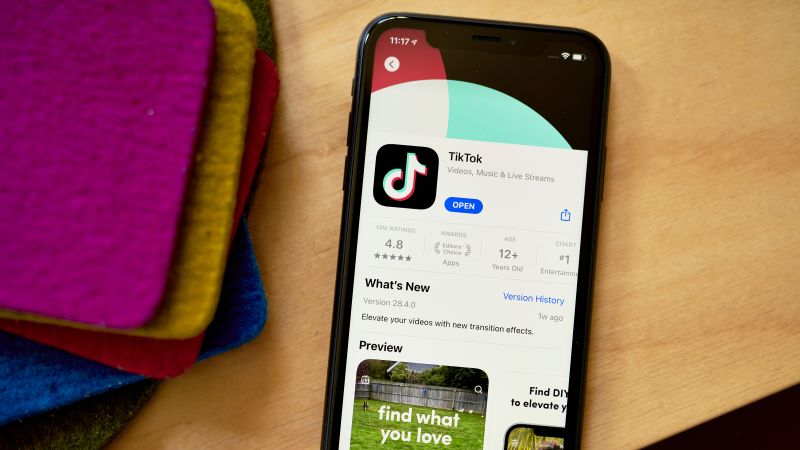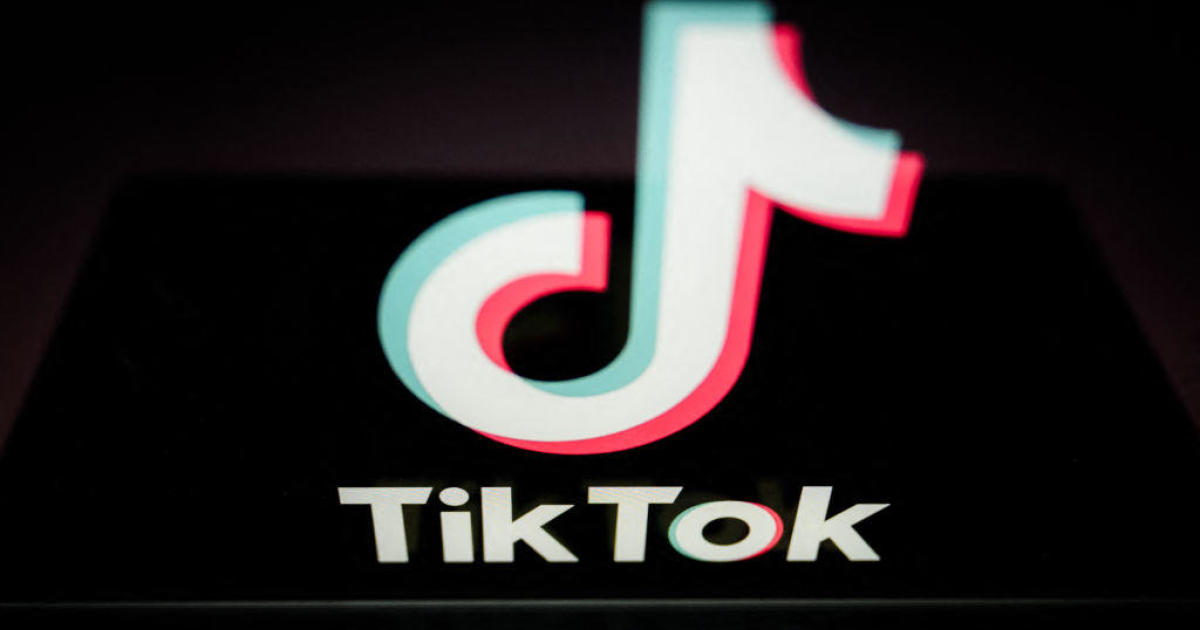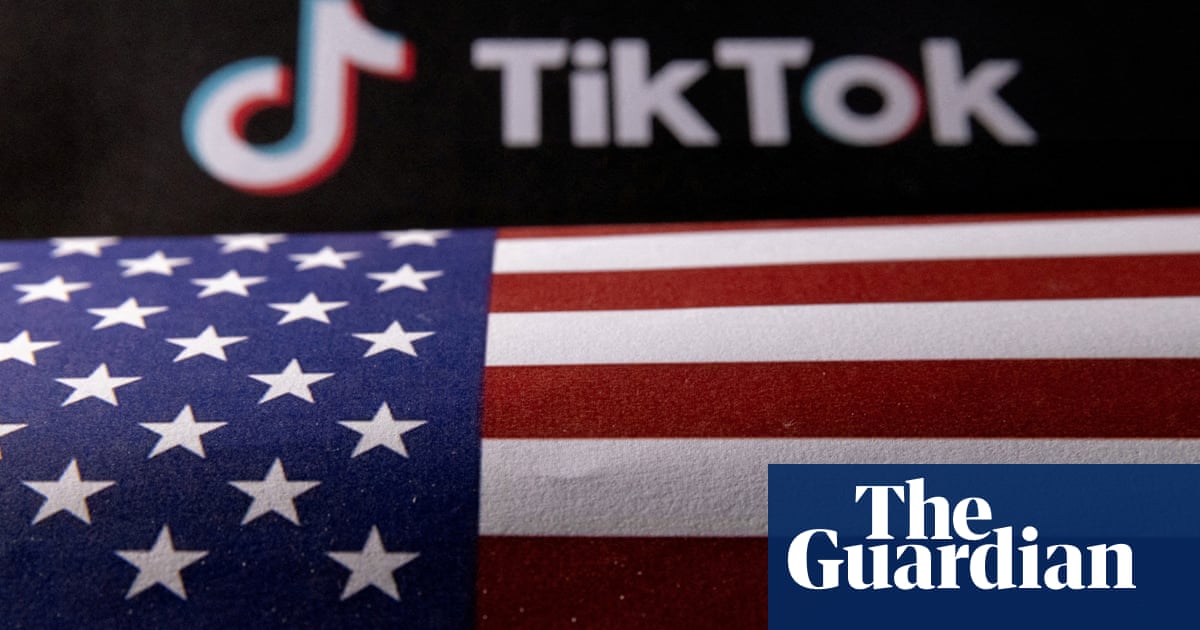The House Energy and Commerce Committee voted unanimously to advance a bill that could potentially lead to a nationwide ban on TikTok. TikTok has faced problems over concerns regarding ByteDance’s alleged ties to the Chinese government.

Also Read: Bet365 Investigated by AUSTRAC for Anti-Money Laundering Probe
Previous actions include a federal ban on TikTok on government devices in 2022 and various state-level restrictions.
The bill, if approved, would mandate ByteDance, TikTok’s parent company, to divest the app within six months or face expulsion from U.S. app stores.
This measure represents an approach by Congress to address apprehensions surrounding TikTok’s alleged ties to the Chinese government.
TikTok users mobilized in opposition to the proposed ban, congressional offices with calls expressing their dissent.
The platform itself sent notifications to its estimated 170 million U.S. users, urging them to contact Congress and protest the bill. This grassroots campaign led to a flood of calls, with some offices receiving up to 20 calls per minute.
Lawmakers’ concerns about TikTok’s ties to Beijing have been mounting for years, driven by fears over data privacy and national security.
Previous actions include a 2022 federal ban on TikTok on government devices and various state-level restrictions.
The current bill represents an effort to address these concerns at a national level, showing lawmakers’ determination to safeguard American interests and data from exploitation by foreign adversaries.
While proponents of the bill argue that it is necessary to protect national security and prevent Chinese government interference, critics concerns about its impact on free speech and the tech industry.
TikTok has denied allegations of data sharing with Beijing, addressing its independence from Chinese government influence.
Also Read: Ex-Twitter Executives Sue Elon Musk for $128 Million Unpaid Severance
Organizations like the ACLU and tech trade groups warn of the bill’s infringement on free speech rights and its effects for online privacy and censorship.
The Biden administration has expressed support for the bill, viewing it as a step in safeguarding national security interests.
The bill’s sponsors address its nature and potential to address security concerns without unduly restricting free expression.
Its fate in Congress remains uncertain, with questions lingering about its legal standing and effects for the tech industry.
The bill’s passage through the House Energy and Commerce Committee sets the stage for further legislative action, with a full House vote expected in the coming weeks.
If enacted, the bill would require ByteDance to divest from TikTok within 165 days or face expulsion from U.S. app stores.
Also Read: Vice Media to Lay Off Hundreds and Halts Website Publishing
The bill, known as the Protecting Americans from Foreign Adversary Controlled Applications Act, would prohibit TikTok from U.S. app stores unless ByteDance divests ownership.
ByteDance would have 165 days to sell TikTok or face removal from app stores. The legislation also plans to restrict other apps controlled by foreign adversaries.
House Majority Leader Steve Scalise views the bill as critical for national security. Rep. Raja Krishnamoorthi called TikTok’s response a massive propaganda campaign and addressed that divestment could prevent a ban.
TikTok mobilized its user base against the bill, arguing that it would violate constitutional rights and harm businesses and creators. The company maintains that it is not influenced by the Chinese government.
The Biden administration supports the bill, planning to strengthen national security. Critics argue that the bill infringes on free speech and could have unintended consequences for tech companies like Apple and Google.
The bill faces a full House vote, with uncertainty surrounding its passage in the Senate. Similar legislation targeting TikTok has faced legal challenges in the past.
Lawmakers express concerns over China’s access to user data through TikTok, citing national security risks. Legal experts questions about the bill’s constitutionality, particularly regarding free speech rights.
TikTok users flooded congressional offices with calls in response to the bill, showing concern and engagement among the platform’s user base.
Also Read: Uber Eats to Launch Self-driving Robot Deliveries in Japan























